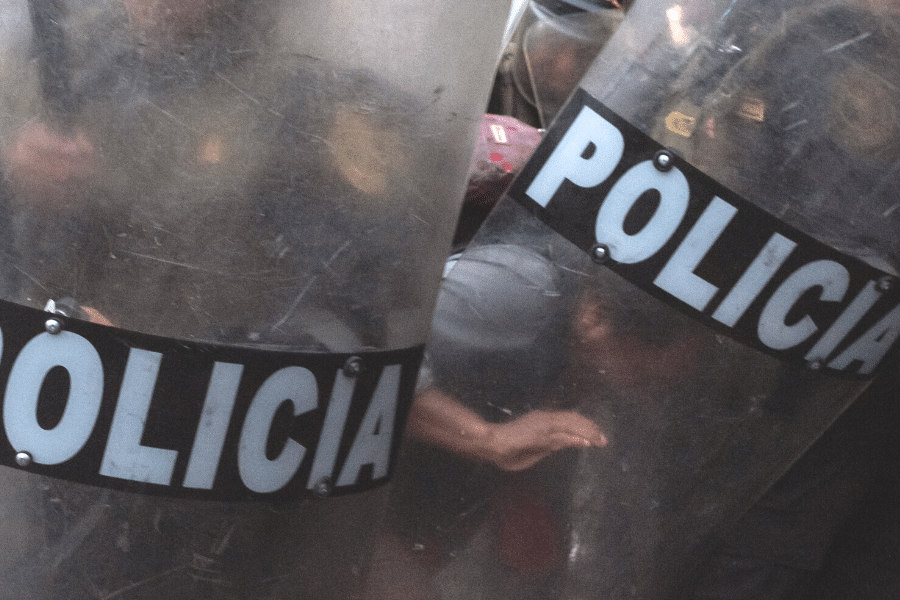
by Alfonso Silva-Santisteban | 7 Dec 2023 | Americas, History, Human Rights, Politics
Peru has had six presidents in five years. The one constant? A government that reacts with force when people call for change. A man beaten by police during the protests against the government of Dina Boluarte in Lima on 4 February 2023. Credit: Alfonso...

by Stuart Grudgings | 6 Dec 2023 | China, Decoder Replay, History, Politics
Map lines drawn on the ocean can’t be seen from a boat deck. But in the South China Sea, a ship crossing these invisible lines could mean war. The Independence-variant littoral combat ship USS Gabrielle Giffords crosses the eastern Pacific Ocean in October 2020....
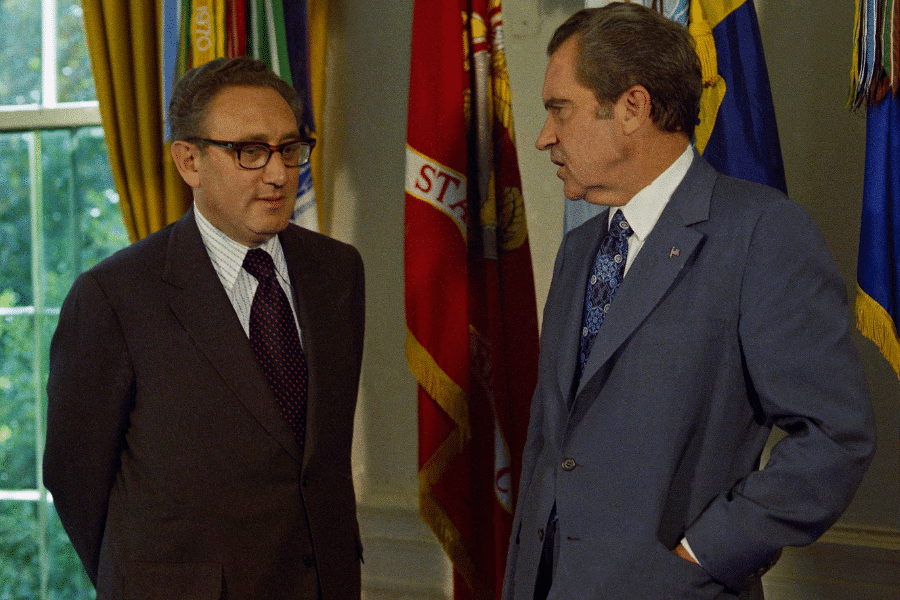
by Daniel Warner | 1 Dec 2023 | Educators' Catalog, History, Politics, United States
Henry Kissinger died on the 29th of November. Our correspondent remembers the one time he had the opportunity to question him directly about his lauded career. U.S. Secretary of State Henry Kissinger being congratulated 16 October 1973 by U.S. President Richard Nixon...
Henry Kissinger’s death made headlines at the end of November 2023. This famous diplomat sparks controversy. How should he be remembered? Correspondent Daniel Warner reflects on his brief interaction with Kissinger in Geneva back in 1999.
Exercise: Read the article with your class, then review headlines announcing Kissinger’s death from various media sources. How does the wording of these headlines differ? How does that difference change the way a reader may perceive Kissinger’s legacy? Use this activity as a conversation starter to discuss the power of word choice in media bias and framing.
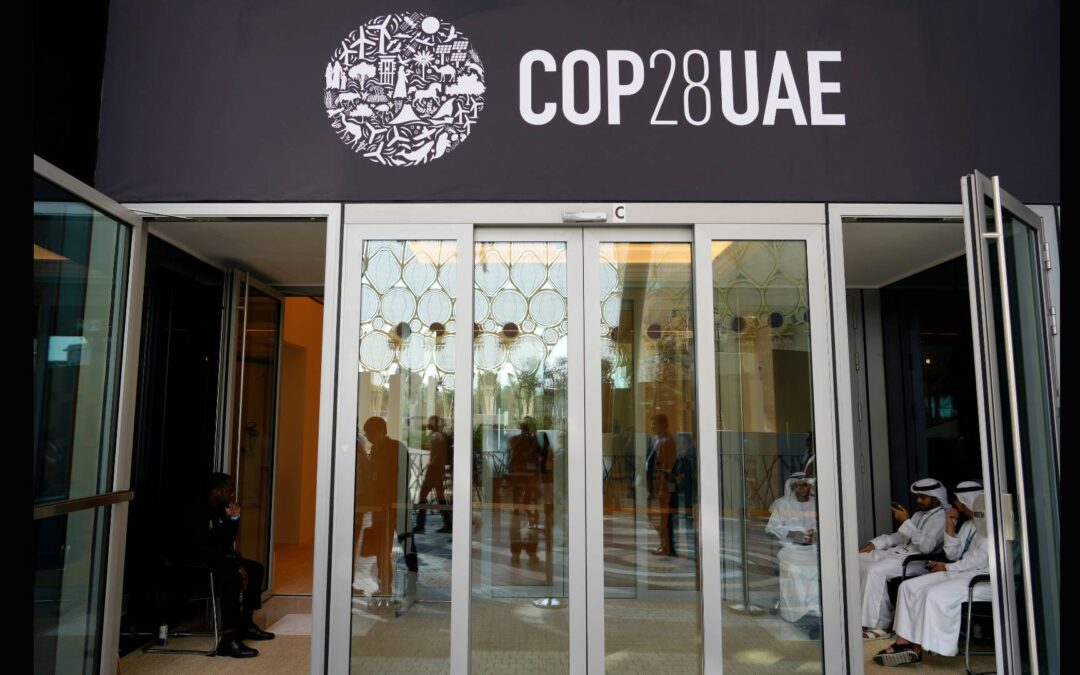
by News Decoder | 30 Nov 2023 | Climate decoders, Environment, Politics, Writing's on the Wall
COP28 begins today in Dubai. World leaders will negotiate ways to reverse carbon buildup. We give you some resources to help you make sense of it all. People gather ahead of the COP28 UN Climate Summit, Tuesday, 28 November 2023 in Dubai, United Arab Emirates. (AP...

by Irena Grizelj | 29 Nov 2023 | Decoder Replay, Personal Reflections, Politics
Young people are caught in the crossfire in war. Those who survive are left with long term consequences. But we don’t think to include them in peace making. Ukrainian youth huddle in prayer on 8 April 2022, as the group disbands after spending nearly a week...

by Daniel Warner | 21 Nov 2023 | Decoders, Educators' Catalog, History, Middle East, Politics, Russia, Ukraine
There is an evolving global consensus that some acts of violence in warfare are not acceptable. But how in the world can we enforce that? Headquarters of the International Criminal Court in The Hague, Netherlands. This article was produced exclusively for News...
Headlines about today’s international conflicts in Gaza and Ukraine paint atrocious pictures of war crimes and violent attacks. Are these actions sanctioned in the eyes of international humanitarian law? Correspondent and political science professor Daniel Warner of the Graduate Institute in Geneva gives an overview.
Exercise: Using this summary document from the Red Cross, print out 30-40 articles from the Geneva Conventions and their Additional Protocols. Cut each article out separately. Then, prepare a large board/poster for sorting and pasting the articles, divided into four sections: civilians, prisoners of war, wounded/sick, critical infrastructure. Have students read through each article and sort them within the four categories. As they learn more about the Conventions, you may consider bringing in current headlines to evaluate whether or not today’s conflicts have abided by these international humanitarian laws. Note: Consider creating 4-5 sets of article texts and sorting posters if you have a large class, or create a digital version via Google Slides.
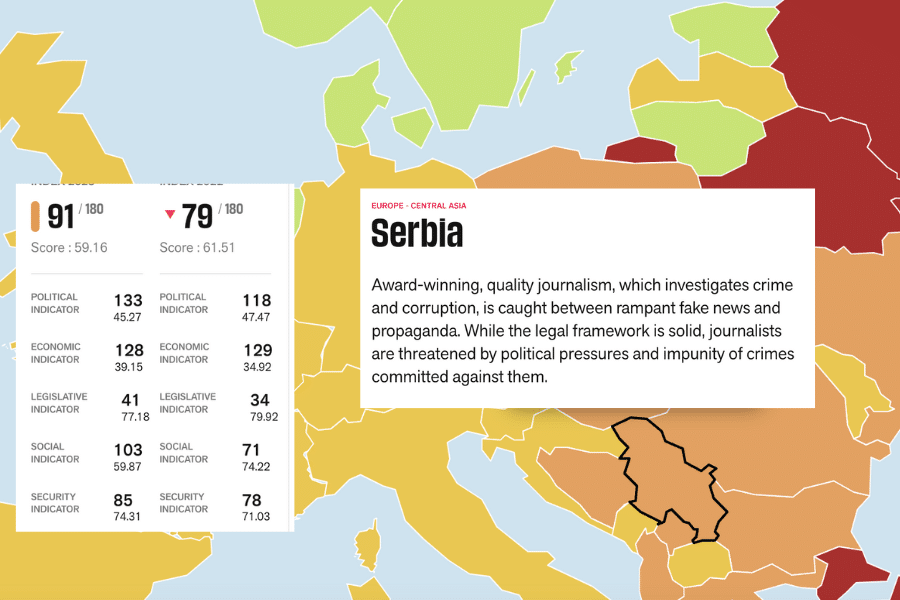
by Andrea Knezevic | 16 Nov 2023 | Europe, Human Rights, Journalism, Politics, WePod
When a journalist traveled from the east to the west of Europe, the level of press freedom was a cultural shock. A map of countries on the site of Reporters Without Borders shows that Serbia slid to 91st place this year in the Press Freedom Index of countries. In the...
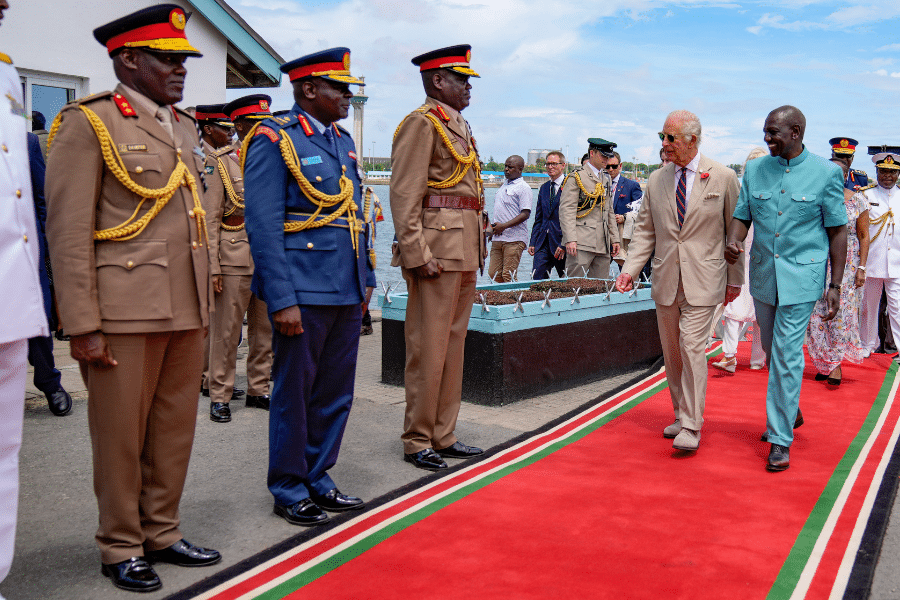
by Jeremy Solomons | 8 Nov 2023 | Africa, Decoder Replay, History, Human Rights, Politics
Modern colonialism was once preached as a force for global good. Now it is seen as a system of exploitation, oppression and enslavement. Britain’s King Charles III, on carpet left, and Kenya’s President William Ruto, on carpet right, attend a military...
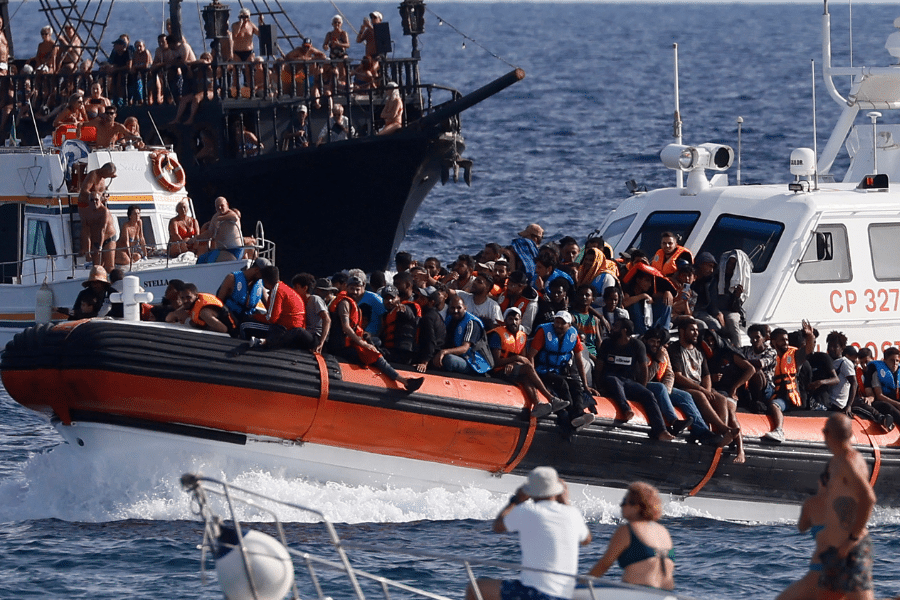
by Tiziana Barghini | 6 Nov 2023 | Economy, Educators' Catalog, Italy, Nationalism
Depopulation threatens the long term economic health of developed nations. At some point they will have to open their borders. An Italian Coast Guard boat carries migrants as tourists on boat, foreground, watch, near the port of the Sicilian island of Lampedusa,...
In this Decoder, correspondent Tiziana Barghini covers why changing demographics, increased life expectancy and outdated public policies may spell trouble for developed nations. Migration may be the solution.
Exercise: Using a word cloud generator or class participation tool like Mentimeter, have students contribute words that they think of when they hear the word “immigration” or “migration”. Create a word cloud with these words before reading the article as a class. Then, after reading the article, have students consider how their perspective on migration might have changed. Create a post-read word cloud and discuss what new insights students have learned from the article.

by Karolina Krakowiak | 3 Nov 2023 | Decoders, Educators' Catalog, History, Poland, Politics
Polish voters in three different political parties united to wrest control of the government from the conservative Law and Justice party. What happens now? People gather at a rally conducted by the opposition party ahead of the general election in Warsaw, Poland on 1...
Parliament, propaganda and political parties in Poland. In this Decoder, guest writer and former ND intern Karolina Krakowiak reflects on democracy in her home country — and the immense power of voting as a means to change.
Exercise: After reading the article, have a discussion about civic engagement with your class. What does that look like in your country? How can young people get involved in improving the world around them? Why might some be disillusioned with the political system they are a part of? Then, divide students into groups of 3-4. Each group will come up with a slogan to encourage civic engagement in your local community. The class will vote on the best one.










